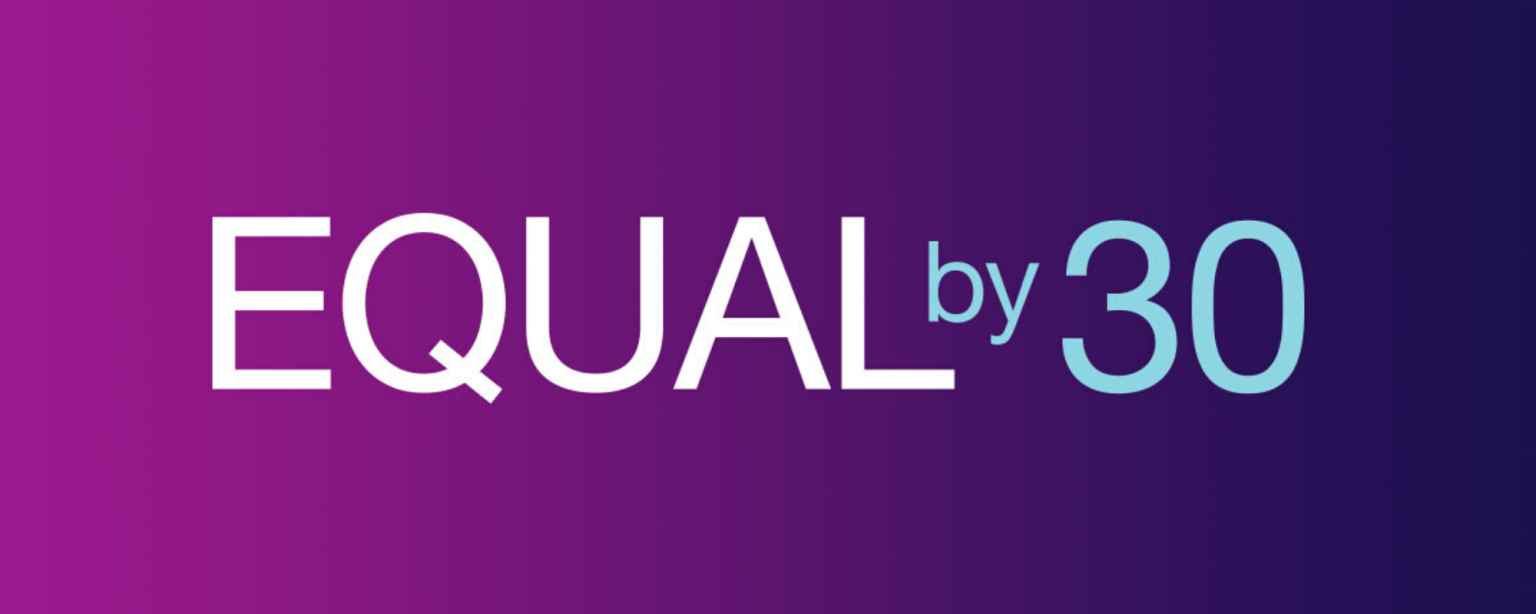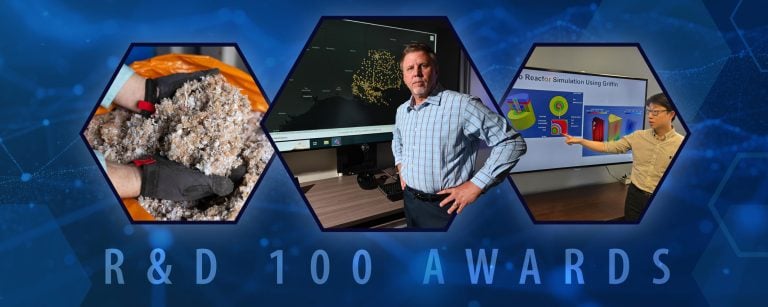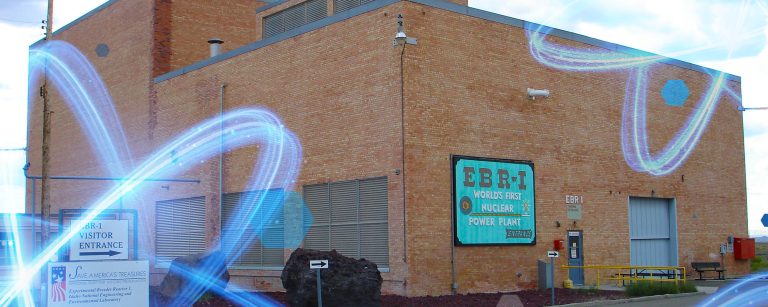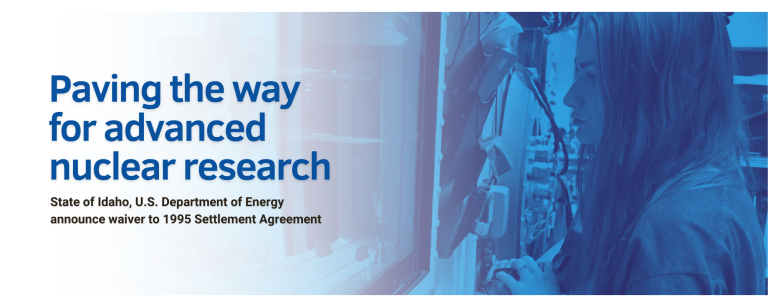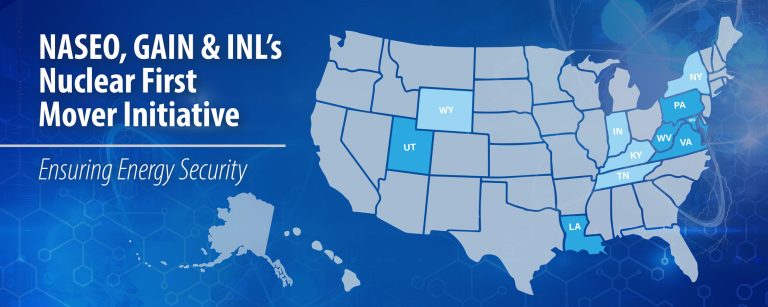Idaho Falls, Idaho – Idaho National Laboratory announced today it has signed on to Equal by 30, a campaign where public and private sector organizations work toward equal pay, equal leadership and equal opportunities for women in the clean energy sector by 2030.
Twelve nations, including the United States, and over 100 public and private sector organizations from around the world have signed on to the Equal by 30 campaign. INL is the first national laboratory to join the campaign.
The laboratory has been taking concrete steps toward being an inclusive employer of choice for several years. It was recognized as a Top Employer by Professional Woman’s Magazine in 2019 and joined the Gender Champions in Nuclear Policy initiative earlier this year. Signing on to the Equal by 30 campaign is yet another step in the right direction.
“At INL, we are working hard to be more inclusive and diversify our staff, and we are absolutely committed to ending gender inequality in the workplace,” said Dr. Mark Peters, INL director.
Equal by 30 asks organizations, companies and governments to endorse high-level principles, then commit to measurable goals to accelerate the participation of women in the clean energy sector and close the gender gap.
INL already performs regular pay equity assessments and allows flexible working hours and telecommuting arrangements that help to support family-related responsibilities.
In addition, as part of its commitment to the initiative, INL will provide inclusive hiring training for all managers, continue to conduct laboratory-wide unconscious bias and inclusive leadership training to increase psychological safety and build trust, monitor INL’s inclusive culture and develop actions plans via a biennial survey, and continue to support the Idaho Women in Nuclear (IWIN) chapter of U.S. Women in Nuclear.
“Joining Equal by 30 is an affirmation of INL’s strong commitment to gender equality: It is the right thing to do! A diverse workforce helps ensure that INL is fully prepared to serve the national and international communities as we work to resolve the world’s pressing energy and security challenges,” said Dr. Marianne Walck, INL deputy laboratory director for Science and Technology and chief research officer.

